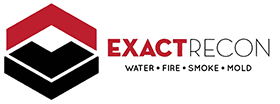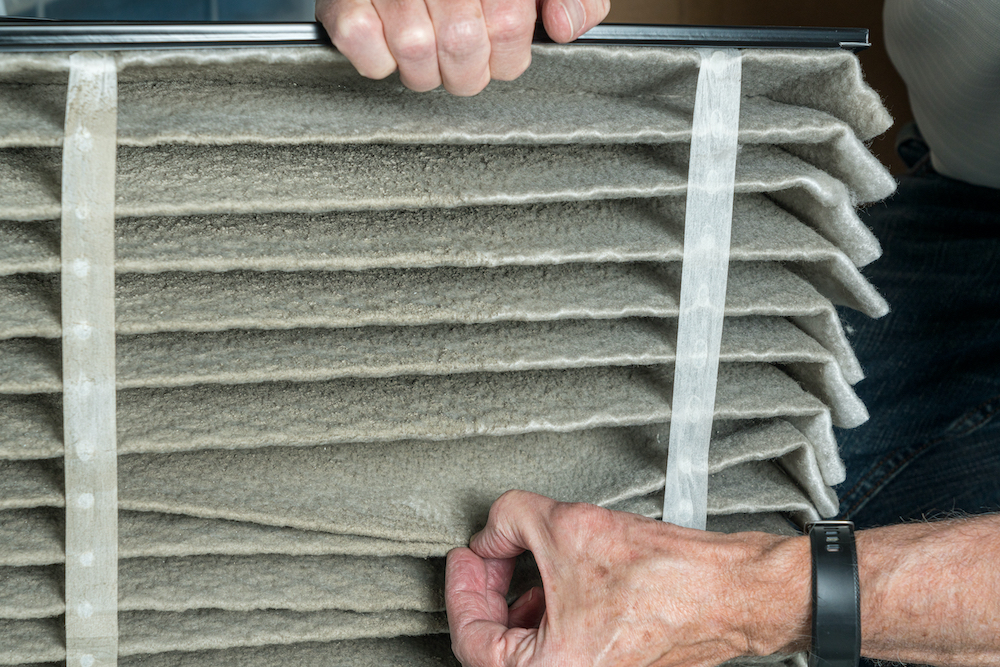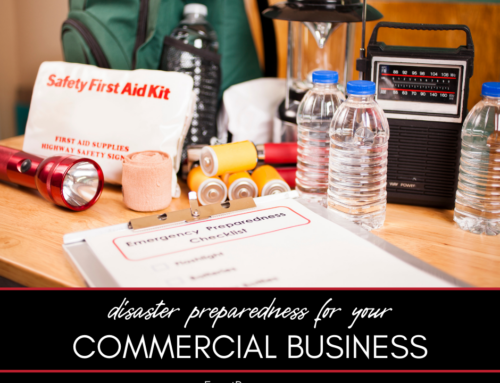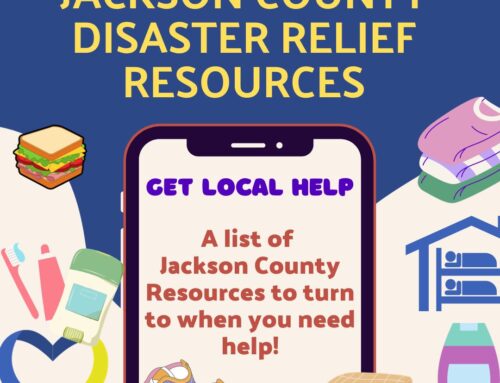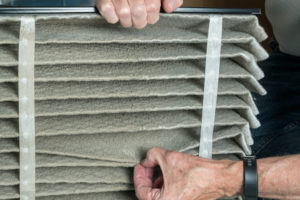
According to the Environmental Protection Agency (EPA) air purifiers can help reduce airborne contaminants, including viruses, in your home. This can be especially helpful for families who find themselves spending more time together indoors because of the pandemic.
Despite all of its benefits, however, an air purifier—by itself—is not enough to protect you from coronavirus, the EPA warns. When used in conjunction with best practices recommended by the CDC, however, an air purifier can be part of a larger plan to protect you and your household. Here are highlights of that plan, as outlined by the CDC. This post is not exhaustive. You should visit cdc.gov and epa.gov to learn everything you need to protect you and your family from coronavirus.
What’s the Plan for My Household?
Clean and disinfect frequently-touched surfaces on a daily basis. This includes tables, countertops, desks, phones, keyboards, toilets, sinks, faucets, doorknobs, handles, and light switches. Clean electronics following the manufacturer’s instructions for using cleaning and disinfection products. If directions aren’t available use alcohol-based wipes or spray that contains at least 70 percent alcohol. (Where appropriate, you should clean using detergent or soap and water before you disinfect).
Opt to use an EPA-registered household disinfectant. Here is a comprehensive list of EPA-registered household disinfectants for use against SARS-CoV-2, the virus that causes COVID-19 (coronavirus).
If a family member becomes sick avoid close contact. Choose a room in your house to quarantine the sick individual. If you have to share space make sure the room has good air flow—open a window to increase air circulation, since improving ventilation helps remove respiratory droplets from the air.
If possible, maintain a 6-foot distance (about two arms’ length) between the person who is sick and other family members. Use a separate bathroom from the sickly individual and avoid sharing personal items, such as dishes, silverware, cups or glasses, towels, bedding, and electronics, like a cell phone. Use gloves to handle dishes, silverware, cups or glasses used by the sick family member, and wash them using soap and hot water, or in a dishwasher. Wash your hands after removing the gloves or handling used items.
Eat in separate rooms or areas. The person who is sick should eat in their bedroom, if possible. The sickly individual should wear a mask when around other people at home, and outside of the home.
When handling dirty laundry from the sick family member wear disposable gloves, and do not shake the laundry. Wash the items according to instructions on the label, but use the warmest water setting you can. The sick individual’s clothes can be washed with others’ items. Dry the laundry on hot. Clean and disinfect clothes hampers, and wash your hands afterward.
Wash your hands often using soap and water for at least 20 seconds, especially after being near the sick family member, and avoid touching your eyes, nose, and mouth with unwashed hands.
Do You Need a Disaster Remediation Expert in Washtenaw County or Jackson County?
If your home has already been damaged, we can help. Check out our services and call 734-352-9183 for your free disaster remediation quote today. We offer:
- Water damage restoration
- Mold removal and remediation
- Fire and smoke restoration
- Sewer cleanup and disinfecting
- Reconstruction
- Wind and storm damage repair
